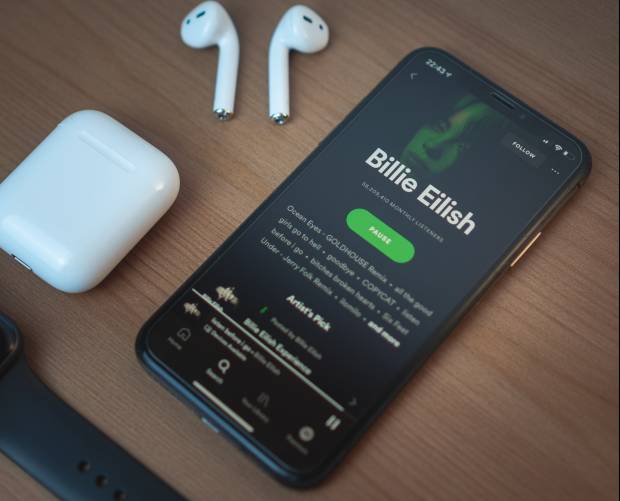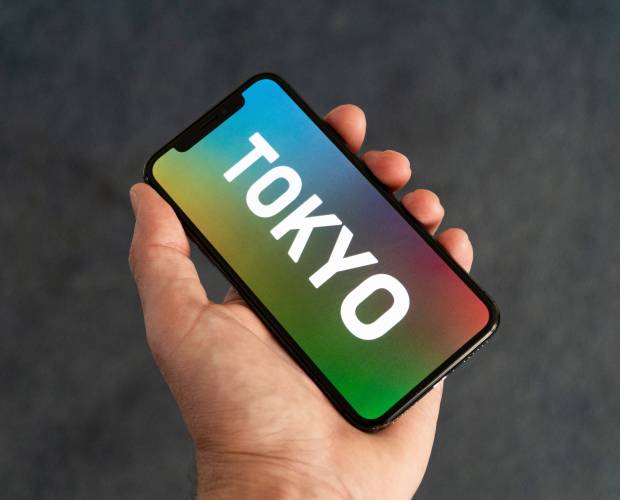 There is a lot of confusion around what you can and cant do with a mobile marketing campaign. So who better to clear things up than Robert Dirskovski, Head of Interactive Media at the Direct Marketing Association. Over to you Robert…
There is a lot of confusion around what you can and cant do with a mobile marketing campaign. So who better to clear things up than Robert Dirskovski, Head of Interactive Media at the Direct Marketing Association. Over to you Robert…
The bare facts
Mobile marketing is regulated by legislation originating from the European Union and implemented in the UK in November 2003 the Privacy & Electronic Communications Regulations. It places mobile (and other electronic media, including email) under an opt-in regime, which means consumers must provide their prior consent before you may send them marketing information via their mobile.
Data collection
In the UK, the Government implemented the Regulations to allow
companies to communicate with their existing customer base, provided an
easy to use unsubscribe mechanism is provided. Companies may
communicate with those who have made a purchase or have made a purchase
enquiry, until such time they state they do not wish to receive further
information. This element of the Regulations is often referred to as
the soft opt-in. It is important to remember that the unsubscribe
mechanism must be used on each and every occasion you send a message.
If you are collecting customer data with a view to sending marketing
material, there are a number of requirements which you must observe.
First, you must consider whether you plan to market your own
goods/services only, or whether you wish to market third party
goods/services as well. You must make it clear at the point of data
collection how the data will be used. You may not revise the consent at
a later date.
You must demonstrate that consumers have given a positive indication
that they wish to receive mobile marketing messages from you. This may
be achieved in a number of ways. For example, they may tick a box next
to a statement which says” Please tick here if you are happy to receive
mobile marketing messages from ABC Ltd” Or “Please provide your mobile
number if you are happy to receive mobile marketing messages from ABC
Ltd”
Marketing to children
The DMA Code of Practice requires members to obtain consent from a minors parent or guardian when collecting data in an online environment from those under 16 years of age. When collecting mobile numbers in an offline environment from those under 14 years of age, you must obtain parental consent. If addressing marketing messages to this age group, careful consideration should be given to the way in which parental consent is obtained. The overriding issue is one of comprehension. Have you made clear the implications of what is being agreed to? This is especially important where there is a charge involved. ICSTIS is the premium rate regulator. Visit www.icstis.org.uk for details of its Code of Practice.
How do you know the age of customers?
Determining the age of your customers is difficult but wherever feasible, you should ask for a date of birth if the marketing message is likely to be seen by those under 18 years of age. This will help you determine your responsibilities when using data for future marketing activities.
May consent be obtained via SMS?
When collecting consent via SMS you should, you should use part of the 160 character to refer consumers to a website where the full terms of data usage are displayed. If someone has responded to a competition using a shortcode, you should send an acknowledgement along these lines: Thanks for entering the ABC Competition. For info on how we use yr personal data, pls visit: www.abcltd.co.uk
To stop further marketing material, send STOP to (followed by shortcode number).
Mobile numbers & the Telephone Preference Service
Because mobile marketing messages may only be sent if you have obtained the prior consent of the consumer, you need only cleanse your telephone list against the TPS if you are undertaking voice marketing calls. Positive consent from consumers to receive mobile marketing messages, overrides a TPS registration until the consumer asks you to stop sending marketing material.
Pre-pay mobile phones
Consumers using pre-pay phones which have insufficient credit may not receive your marketing messages immediately. They are stored so that, when credit is added, the backlog of messages is delivered. Pre-pay services are easily transferable, which means the consenting customer may pass the number to someone who has not consented to receive your marketing material. You should ensure that you respect all unsubscribe requests and bounce or non-delivery reports. If you have not communicated with a consenting consumer for six months, you might consider clarifying consent before sending further marketing messages.
Recycled mobile numbers
Mobile network operators recycle mobile numbers which have been inactive for a period of time this process is normally triggered by a period of inactivity of around 30 days. The quarantine or recycling process takes about nine months. You should therefore consider removing from your database those numbers from which you have received bounce or non-delivery messages for a period of 6-9 months, since it is quite likely that the number has been allocated to a different customer.
Using shortcodes
SMS messages are usually sent into a shortcode (e.g. 51521). These codes are often shared with many promotions running on one code. Responses to a competition or a vote generally use a keyword quiz to 51521 or comp to 51521, thus distinguishing one promotion from another.
Reverse billed subscription services
It is essential that consumers understand the on-going nature of the charge you make for services such as ring tones. They must be given the precise charge you levy. ICSTIS now has specific rules for subscription services which may be accessed from the ICSTIS website.
Buying lists of mobile numbers
If you wish to buy a list of mobile numbers, there a number of vital points you should ensure to check:
Has the consumer consented to third party marketing? Such third party consent must have been obtained at the point of data collection.
Has the consumer been informed about, either the type of product or service for which they will receive marketing information, or the names of the companies from whom they will receive marketing material?
How has the third party consent been achieved? When did the opt-in take place or when was it last renewed?
How frequently have marketing messages been sent to the numbers on the list?
Has the consumer responded to such messages?
Has an unsubscribe mechanism been included in every message sent to the numbers on the list?
Have all unsubscribe requests been actioned in a timely manner?
How often is the database cleaned?
Does the list owner provide a warranty concerning the list quality?
Does the supplier provide a warranty that the list has been generated in strict accordance with data protection legislation?
Asking these questions will help ensure you dont upset potential customers, and more importantly, stay on the right side of the law.
















